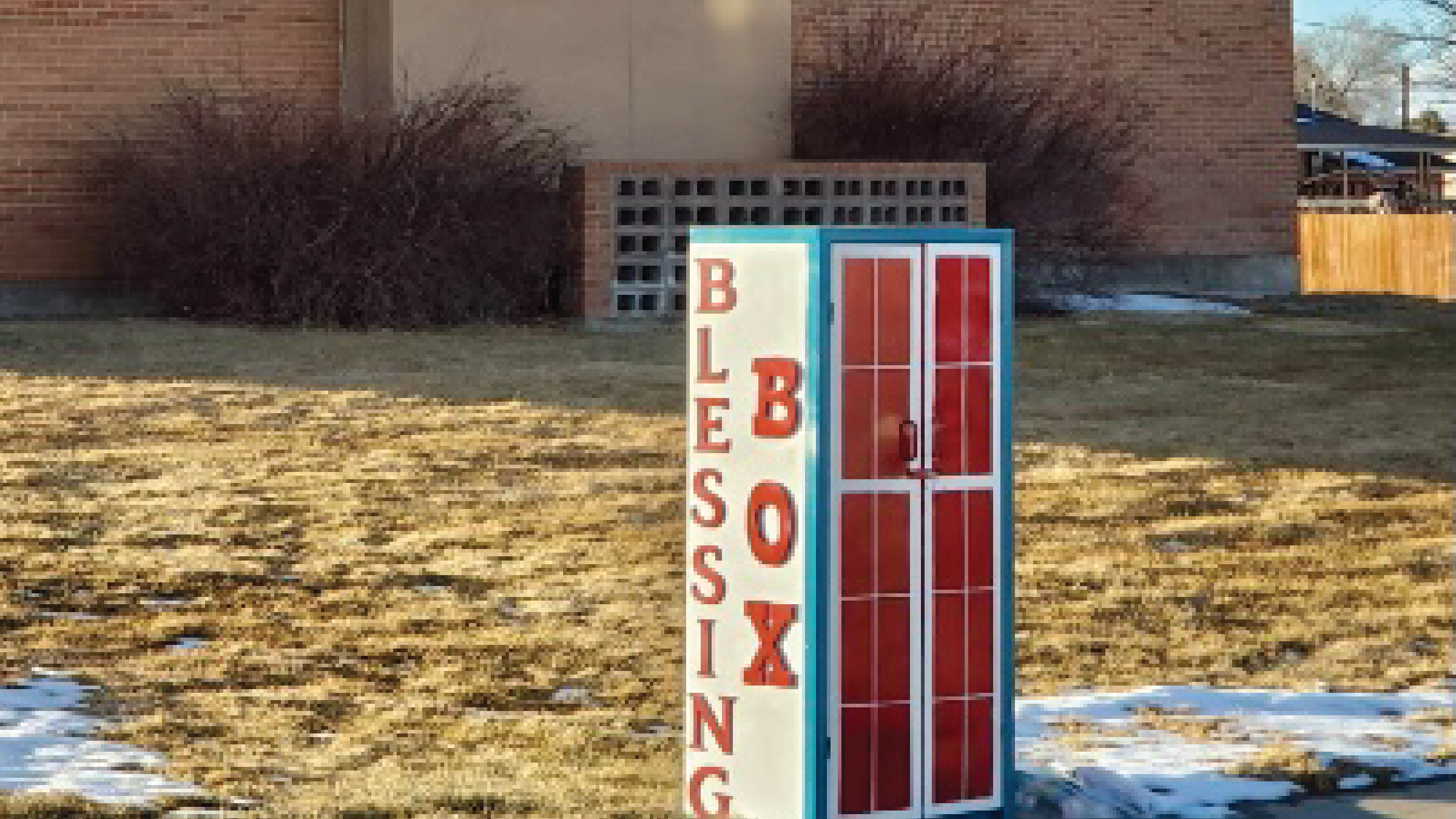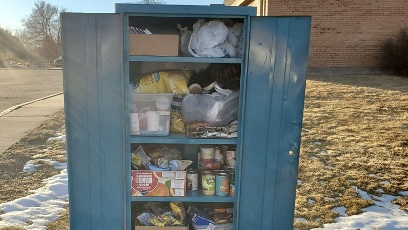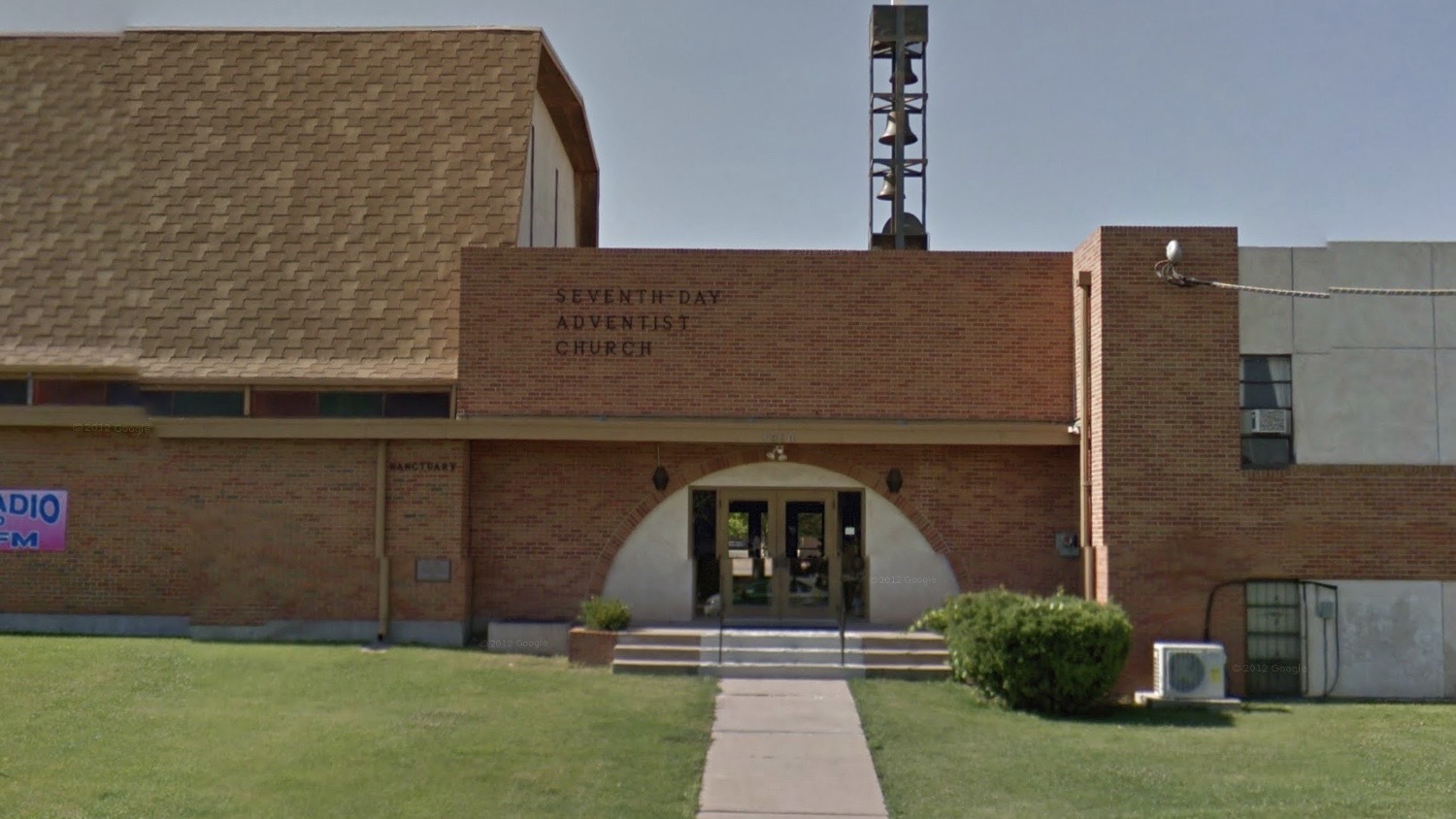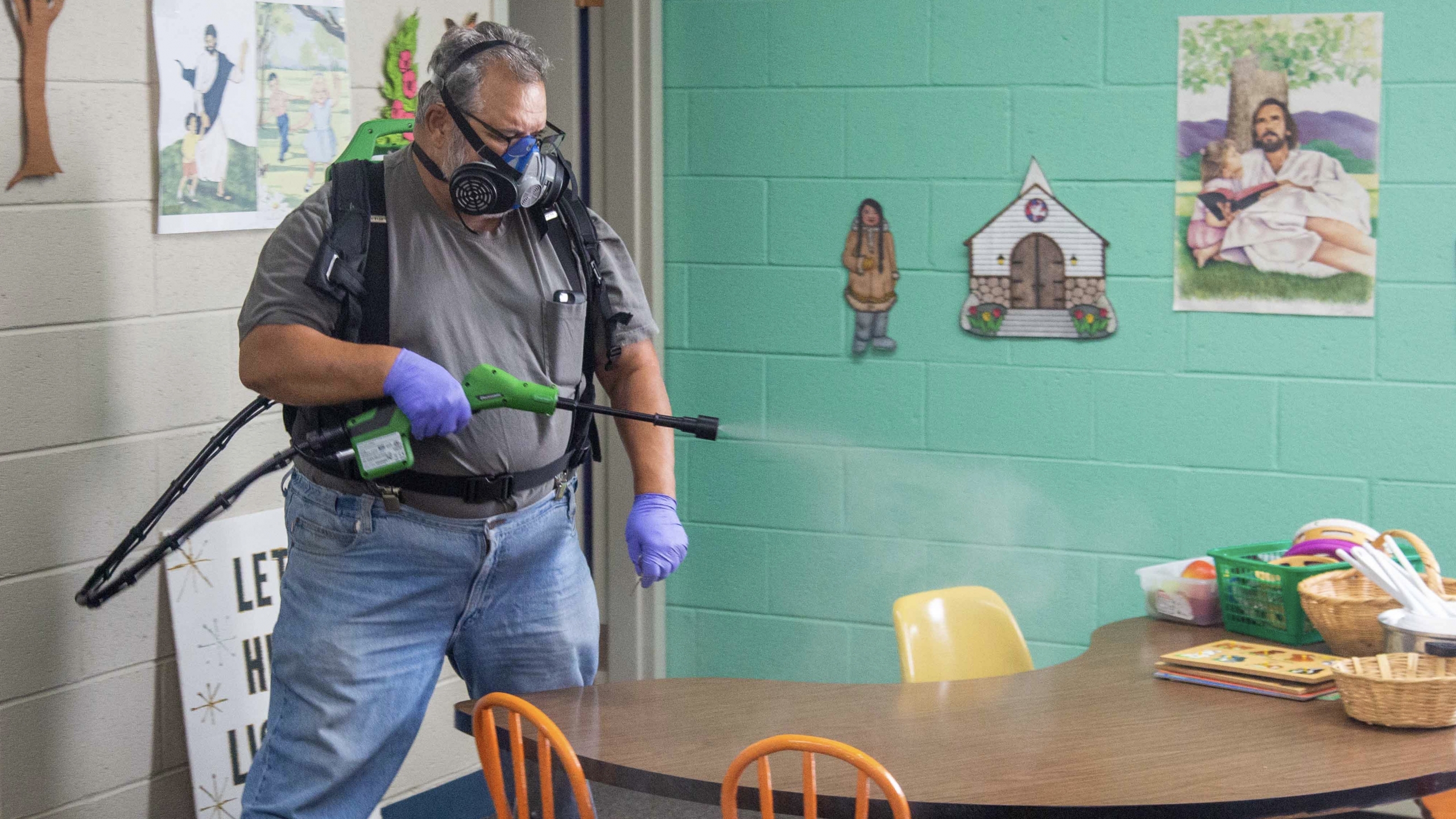Already you are well to the fore in every good quality—you have faith, you can express that faith in words; you have knowledge, enthusiasm and your love for us. Could you not add generosity to your virtues?
– 2 Corinthians 8:7 – J.B. Philips
When Paul addressed the Corinthians and all believers in the province of Macedonia (today’s Greece), he stressed the importance of adding the grace of giving, or generosity, to all they have received and accepted as their Christian lifestyle. Why was it so important for the first-century church to be generous and show extravagant giving? What were they to prove through their unselfish, generous giving?
Generosity is not natural to fallen human beings as we are selfish by our nature. Generosity must be triggered, as Matthews advocates that “gratitude leads to generosity.” 1 As creation, we received generosity from our Creator God through his Divine Generosity.2 He created the entire world for the human being and then blessed them (Genesis 1:28).
The word baruch rendered as blessing in its semantic root, means bringing a gift to another while kneeling out of respect. God showed His grace and generosity through respect towards Adam by offering the gift of stewarding his whole creation. This act of grace should stimulate gratitude in every creation. There is so much to be grateful to the Creator, from the complex flower petals and breathtaking scenery to the breath of life, intellect, senses, creativity, and everything else.
The second reason for gratitude is the Creator God’s love (racham) for his creation that never changed, though it was “wounded” by his creation’s betrayal and violation of trust. The Hebrew word pasha mainly rendered as transgression, describes betrayal through rebellion by someone “who misuses or abuses a relationship or possession.” 3 As human beings, we have abused and misused our relationship and the received possessions of the Creator, yet God so loved the world that He gave His only begotten Son, that whoever believes in Him should not perish but have everlasting life (John 3:16).
This amazing love (racham) of God towards his creation inspired Ellen G. White when she wrote, “Contemplation of this love would uproot from the heart all selfishness, and so transform the soul that men would cherish generosity, practice self-denial, and imitate the example of God.” 4 We cannot earn, deserve, or merit any of these gifts, but believe and be generous with all the gifts we receive.
Willard and Sheppard explained, “Generosity is the natural and appropriate response of people who have been confronted with the grace of God.” 5 Generosity is not philanthropy or fundraising that is based on humanitarianism and charity through surplus. Generosity is one of the main character traits of a steward that puts the Christian on the path of transformation and sanctification. Blomberg argues that “giving is a part of whole life transformation, that stewardship and sanctification go together as a sign of Christian obedience and maturity.” 6
Froom affirms the fact that generosity and faithfulness in giving lead to “renewal of consecration and pours into the life the expression of divine favor, sanctifying power, and grace.” 7 Hence, the whole life of a Christian becomes changed, mirroring that of Christ. The whole life becomes a witness, a constant, abundant sharing of the manifold grace of God, just as Peter stated: As each one has received a gift, minister it to one another, as good stewards of the manifold grace of God (2 Peter 4:10).
One of the greatest examples of generosity in the Bible is the generous Good Samaritan (Luke 10:25-37). For the Samaritan, it was in harmony with his nature, lifestyle, generosity, and the stewarding of the goods he received to intervene and help in any way that the robbed and beaten-up person needed. The Samaritan’s service was multifaceted, just as the gifts he received were. Seeing the beaten up and robbed person at the roadside, he used this gift of opportunity to give the gift of attention, time, ointment, skill, care, transport, trust, resources, promise, and the like that spoke of his character and nature. The Samaritan recognized an eternal truth that each person is a gift.
The Samaritan’s generosity was part of his changed personality since he embraced the wounded Jew and did not try to avoid him as the Samaritan women did at the well (John 4:9). Religious, social, ethnic, gender, etc., differences were wiped out by knowing the giver and recognizing the gifts. In addition to his character, personality, and lifestyle, even his worldview changed. He was looking each day for a new divine appointment. This is exactly what a generous lifestyle looks like. This lifestyle is up and outward-oriented. The generous person views possessions as temporary and sees themselves as part of God’s story. They look at others to see their needs and pair those with the gifts they can share. For generous individuals, people matter and do not include personal gain. To be generous toward others, one must first experience God’s extravagant love, grace, compassion, and generosity.
“The act of generosity,” Shinabarger writes, “means that we choose to liberally share with others without any personal gain. If you build a life that is separate from people who experience great need, you will always struggle to be a generous person. In large part, the people closest to us determine what we desire. So, surround yourself with people who are in need, and you will desire to meet needs. Surround yourself with people living in excess, and your desires will become even more excessive. Generous people live in community with people who benefit from their generosity, which makes for a fuller life for the giver.” 8 This last characteristic of genuine, generous Christians is that they will live surrounded by those they serve.
Jesus dwelt among us (John 1:14) among those on whom he came to bestow his gifts. As excessive sharers of God’s manifold grace, our place is in the communities where we can freely share His gifts at every step. This means we will generously use the gift of opportunity and divine appointment to share our material, intellectual, emotional, social, financial, spiritual, and other gifts with those around us. We haven’t yet reached the level of generosity that the churches in Macedonia reached, Israel in the wilderness, or even the poor widow in the sanctuary. We were not told yet to cease bringing and using our gifts, and we have not yet given all we have on the altar to the Lord. Is it affluence, consumer culture, the influence of advertisements, convenience, or perhaps our selfish, unconverted, and unchanged nature that is in the way of generosity? One is sure that a fully generous lifestyle is, for many Christians, still a high goal to be reached that extends even to growing the Kingdom of God and finishing the work that he has bestowed on us as Christians.
In the book Becoming a Level 5ive Multiplying Church, the writers take generosity yet another step further when they write: “Most Level 1 churches would be characterized as consumers rather than producers. Their lack of generosity in releasing people and resources on mission is not due to their lack of compassion and heart. Instead, it’s the practical ramification of continually living within a scarcity culture. Leaders live in fear of the future rather than energized by its opportunity.9
Is your lifestyle primarily spiritual, characterized by scarcity, anxiety, and little faith, or do you believe in the God of the universe, who demonstrated real generosity by giving His Son for you and promised to have rivers of living water (John 7:38) flow out of your life?
Anton Kapusi is the church growth director for the Kentucky-Tennessee Conference of Seventh-day Adventists and former lead pastor of Pueblo First Seventh-day Adventist Church.
1 Matthews, J. (2017). Stewardship: Motives of the Heart. Pacific Press, p. 76.
2 Wainwright, W.J. (2005). The Oxford Handbook of Philosophy of Religion. Oxford University Press, p. 287.
3 Bentorah, C. (2020). Racham – The Love that is Beyond Love, Travelers Rest. True Potential Inc. p. 81.
4 White, E.G. “God’s Love Unmeasured.” Signs of the Times, February 5, 1894. Par.6.
5 Willard, C. and Sheppard, J. (2012). Contagious Generosity. Zondervan. p. 37.
6 Willmer, W.K. Ed. (2008). Revolution in Generosity. Moody Publishers. p. 45,
7 Froom, L. E. (2012). Stewardship in its Larger Aspect. Pacific Press. p. 45.
8 Shinabarger, J. (2013). More or Less: Choosing a Lifestyle of Excessive Generosity. David C. Cook. p. 248-249.
9 Wilson, T., Ferguson D., and Hirsch A. (2015). Becoming a level 5ive Multiplying church. Exponential.org. p. 122.




